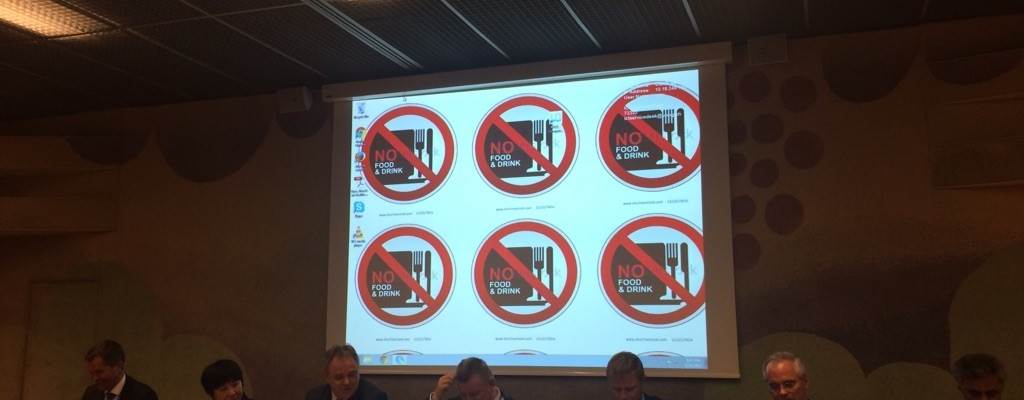In the course of the WHA, two panel discussions were held with participants from governments, CEPI, WHO, the Norwegian Research Council, Wellcome Trust, Bill & Melinda Gates Foundation, the World Bank, Gavi, Medecins sans Frontieres and GlaxoSmithKline.
CEPI comes as a result of the Ebola outbreak in 2014, which costed more than 11,000 lives. The outbreak exposed fundamental gaps in the world’s ability to respond to global health crises. Several analyses of the Ebola response have identified specific gaps in global health preparedness that must urgently be addressed. Although the global response was considerable, immense human suffering and grave negative economic impact could have been minimized through better preparedness.
The importance of dealing with the conflict of interest, given that CEPI is a public-private partnership, was underlined at the event. Also the importance of avoiding duplication was expressed by WHO, and the distinctive role played by WHO in capacity of their normative role was expressed. Medicins sans Frontieres stated that MSF decided to be part of this initiative to prevent history from repeating itself, and to ensure we have the needed tools available for the next possible epidemic. Tim Evans from the World Bank stated that the investment case for preparedness is overwhelming.
Although CEPI has shown promising progress already, a wider global engagement is needed in order to address the challenges at hand. By organizing this side event at the World Health Assembly, Norway wishes to contribute to ensuring global health preparedness continues to receive the sustained attention it warrants.
Read the Norwegian Minister of Health and Care, Mr Bent Høie´s full statement below:
Excellencies, ladies and gentlemen,
Preventing future health crises must be a priority for all countries.
Epidemics have the potential to threaten our lives and our societies. They can devastate human lives and societies on a scale only matched by wars and environmental disasters.
The first obligation of any government is to protect the inhabitants of its country. In the case of epidemics, this goes hand in hand with protecting people far away.
During the Ebola outbreak, the virus travelled from a 2-year-old boy in a small village in rural Guinea to many other countries.
Epidemic outbreaks are strong reminders of how interlinked we all are. They affect all of us and don’t stop at national borders. They can emerge anywhere and they can travel fast over long distances. Recent outbreaks like SARS, Ebola and Zika have demonstrated this.
The solution to prevent health crises caused by epidemics must be found through international collaboration. It cannot be done by one country alone.
Collaboration between countries, public, private and civil society organizations is needed in order to succeed.
We know epidemic outbreaks are going to occur, and we cannot rely on luck or ad hoc solutions when facing them. We need to be properly prepared. Developing new vaccines against emerging epidemic diseases that can be deployed early in an outbreak, is part of the insurance policy we need.
Norway is proud to be a founder of and one of the first investors in CEPI, the Coalition for Epidemic Preparedness Innovations. It is impressive to see how fast this coalition has managed to establish itself and get up and running. I am here today to confirm that Norway stands by its commitments to CEPI and to global health.
A common criticism has been that rich countries don't act before they themselves feel threatened by epidemics. In my opinion, the commitment to CEPI shows that this is not the case.
I am happy to see other countries and organizations’ support to CEPI. Many of you are here today. I am looking forward to seeing the coalition grow and become stronger. Additional engagement and investments are however needed in order to deliver on CEPI’s vision: Developing new vaccines to prevent future epidemics, and making the world safer for all of us.
